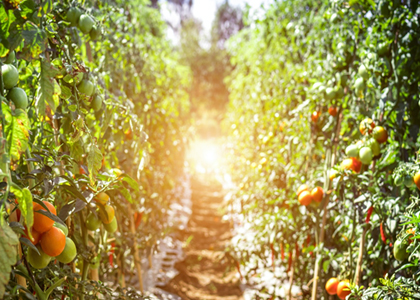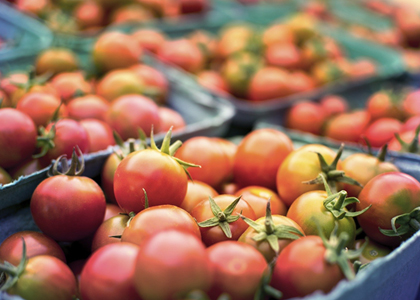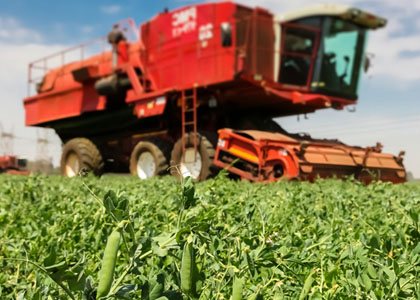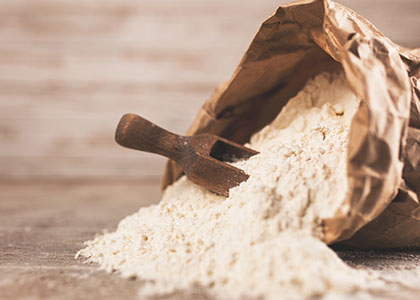Home / Blog / How KSA is ready to prevent food insecurity during the COVID-19 pandemic
Saudi Arabia has already taken a number of measures to protect residents of the Kingdom during the new COVID-19 pandemic. From importing 355,000 tons of wheat to ensuring the availability of pharmaceutical drugs, to launching digital solutions for health awareness, multiple government ministries are responding to the crisis with timely, long-term provisions that will maintain economic stability as well as public health and safety.
Government and agricultural investors are taking a leadership role
Saudi Arabian Grains Organization (SAGO), the country’s grain purchaser, announced it had requested Saudi investors import needed wheat into the Kingdom to prevent food shortages.
While this call couldn’t come at a more important time, private investors in Saudi Arabia have already shifted focus to diversifying its food import initiatives. These initiatives are part of an existing plan to import 3.2 million tons of wheat from central producers across the world, including the US, Australia, Europe, and South America, until 2021.
Utilizing public-private partnerships
The first supply of wheat is scheduled for May of this year as part of the COVID-19 response. Developed as public-private partnerships, these are vital for handling an unforeseeable health crisis, especially one for which solutions are still under development.
With additional deliveries scheduled until November, the amount would meet ten percent of the Kingdom’s wheat requirements. Such purchase by SAGO at this time would not only support the regional business but also ensure food provision across the Kingdom.
Looking at safe transportation
The Food and Agriculture Organization of the United Nations does not predict a global shortage of cereals production but does anticipate the disruption of food supply chains. At the same time, the transport and shipping of goods presents new challenges, as these processes must align with health protocols that prevent and reduce the spread of disease.
During this pandemic, safe and efficient delivery of staple products, such as wheat, is key to stability in the region. For this reason, Saudi Arabia has restricted the use of land transport to only essential goods, such as food and medicine.
Strengthening supply chains through tech
Logistics companies are moving toward digitization in order to meet the increase in customer demands while following new health and safety regulations. This means that the agricultural industry will also require matching tech-enabled adaptations to its businesses in order to ensure food security needs are met. These changes are a first step to help ensure that a food emergency response mechanism is in place, vulnerable populations are protected, and nutritional needs are met.
Anticipating demand spikes and food security needs
As wheat is imported for the duration of the pandemic, which requires adherence to new health and hygiene protocols for the foreseeable future, it is also a time when local agricultural innovation can thrive to meet the country’s food security requirements.
Enhancing national agricultural production for internal use is a viable alternative to long-term importation as global supply chains suffer disruption. In Saudi Arabia, innovation in the agritech sector will be key – from building greenhouses to GMO alternatives. Not only do these kinds of efforts provide jobs, but they also ensure the availability of sustainable, and local, food security solutions.
For more information on how to prime your agricultural business so it’s ready to respond to food security crises, contact Agri Trading here.












